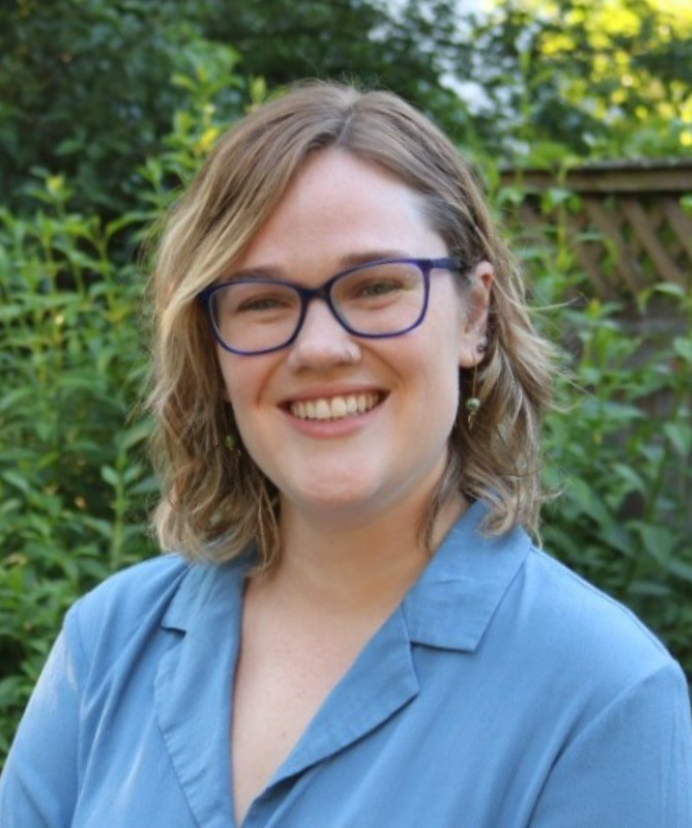Utibe R. Essien
Utibe R. Essien, MD, MPH is an assistant professor of medicine at the University of Pittsburgh and a general internist and health disparities researcher at the VA Pittsburgh Center for Health Equity Research and Promotion.

Read Time: 5 minutes
Published:
Utibe R. Essien is an assistant professor of medicine at the University of Pittsburgh and a general internist and health disparities researcher at the VA Pittsburgh Center for Health Equity Research and Promotion. He is a fierce advocate for diversity and equity in medicine, and his leadership in advancing this work has resulted in several local and national awards, including the 2021 AAMC Herbert Nickens Award.
Public Health Post: As a doctor, do you feel like you have a medical approach to public health? What pushed you to get the MPH after your MD?
Utibe Essien: I was seeing my patients in clinic during residency and realizing that a lot of what we were training for in medical school was not preparing us for how to address the food insecurity, neighborhood violence, housing challenges: all these things that were actually bringing our patients to the clinic. So that is how I come to public health, from that medical standpoint, because a lot of us didn’t get that public health training during medical school.
As a physician, researcher, professor, writer, and advocate, is there an area or a project that you’re really excited about right now?
I’m excited about the pharmacoequity framework that we created last year around making sure that patients have affordable and equitable access to whatever life-saving therapy they might need. Whether you are rich, poor, Black, or White, you should get the medications that you need.
My research focuses on atrial fibrillation, a condition that affects about six million people in the U.S., 60 million worldwide. It’s a pretty common condition, but it’s not something that causes significant symptoms. The medications people take are really to prevent the scary complication, which is a stroke.
Stroke can be super debilitating and can transform a patient and their family’s lives. And we saw that patients who have that disease and who were Black were less likely to get stroke-preventing medications, and ultimately they are more likely to develop stroke. Putting two and two together: you treat the condition, you prevent the bad outcomes.
But when patients are spending thousands of dollars a month on their medications, it limits where they can live, which influences their health due to exposure to air pollution, neighborhood violence, etc. It limits the education that their kids can get, which we know has a downstream impact on health outcomes, and the list continues. How can you afford your day-to-day life issues when you need to spend so much money on your medication?
Did you coin the term pharmacoequity?
Yes. That was an op-ed piece. I actually got my op-ed roots from Public Health Post, so I appreciate PHP for being one of the first places to publish my work.
Let’s talk about policy. You’ve written about pushing for lawmakers to address more of the upstream causes of unequal access to prescription drugs in the U.S. You’ve talked about patent reform, elimination of pharmacy deserts. What would those things look like and how we can push for them?
The cost of medications and access to insurance are huge issues.
There is a report that came out just last week from I-MAK, which is an international group that focuses on patent law. They found that over the last decade the 10 most costly medications have taken seven years longer in the U.S. than in the UK to make a generic option available, which means they’re way more affordable for patients. Drug companies can just tweak the indications for these medications, and continue to keep their brand of medication available, which means instead of costing $50 they’re in the hundreds to thousands of dollars depending on the medication. That’s a big driver of unequal access to treatment.
The piece around insurance expansion: I think there are now 12 states who have not expanded Medicaid. They need to be encouraged strongly or forced to do so. These are states that have significant proportions of lower-income individuals, racial and ethnic minority individuals, who continue to not have access to the care they need because they don’t have insurance, or there are work requirements in place to bar them from access to insurance.
We need more pharmacies; not just retail pharmacies, but ones that are independent as well that carry the drugs that can get to the communities. Without them, we’re not going to see a real dent in this pharmacoequity frame. We can continue to give patients insurance, through their jobs, or through more universal insurance platforms, but the cost at the pharmacy is still a big barrier.
You’ve written about the need to diversify the medical workforce. Can you talk about the steps you are taking in that direction with the Medical Scholars program at the University of Pittsburgh?
We need to bring more people into the workforce. That’s what I’m excited about with our CEED scholars program. The students are in their third year of medical school, doing their clinical rotation. I teach them how to ask a research question, how to take what they’re seeing and ask, “Why do we do what we do in medicine?”
That’s a skill that will take them through, even if they decide research is not for them.
The program is committed to diversifying the research workforce, so I’m excited that every year we get about 4-8 students that are from underrepresented backgrounds who are interested in research. That’s something that has been really meaningful for me to be a part of these last few years.
Photo provided
Essien recently appeared as a part of the Public Health Conversations series at the Boston University School of Public Health. A recording of Towards Antiracist Academic Institutions: Next Steps is available.



